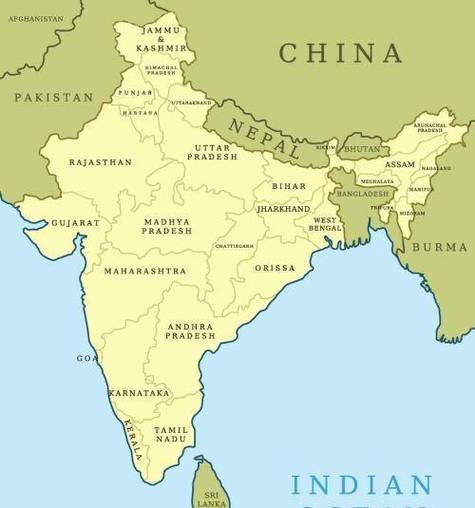India-Pakistan Exchange of Fire for Six Consecutive Nights: Escalating Tensions in South Asia
 summary:
India and Pakistan have exchanged fire for six consecutive nights, escalating tensions in...
summary:
India and Pakistan have exchanged fire for six consecutive nights, escalating tensions in... India and Pakistan have exchanged fire for six consecutive nights, escalating tensions in South Asia. The situation is becoming increasingly volatile and both sides are on high alert. The exchange of fire has led to concerns about a possible escalation of the conflict, which could have serious consequences for the region.
For the past six nights, India and Pakistan have exchanged fire across their border, escalating tensions in South Asia. The conflict has been ongoing and has resulted in increased tensions and concerns from both nations and the international community.
The root cause of the conflict can be traced back to longstanding issues between the two countries, including disputes over Kashmir and territorial integrity. The situation has been further complicated by the presence of terrorist organizations that use the region as a base for launching attacks on both sides.
The exchange of fire has occurred along the Line of Control (LoC), which separates Indian and Pakistani-administered Kashmir. The LoC has been a flashpoint for years, with frequent incidents of cross-border firing and clashes. However, the recent escalation has been unprecedented, with both sides engaging in heavy exchanges that have resulted in casualties on both sides of the border.
The Indian government has expressed concerns about the increasing frequency and intensity of the cross-border firings, which have become a matter of grave concern for the nation. Similarly, Pakistan has also expressed concerns about the situation, emphasizing the need for both sides to exercise restraint and avoid any further escalation of the conflict.
The international community has also expressed concerns about the escalating tensions. The United Nations has called for both sides to exercise restraint and resolve the issues through dialogue and negotiation. Other countries in the region and beyond have also expressed support for peace and stability in South Asia, calling for a de-escalation of tensions.
The escalating tensions between India and Pakistan could have significant consequences for the region and beyond. The conflict could lead to further instability in South Asia, affecting neighboring countries and disrupting regional security. Furthermore, the conflict could also have economic implications for both India and Pakistan, affecting trade, investment, and tourism.
In light of the escalating tensions, it is crucial for both India and Pakistan to exercise restraint and avoid any further escalation of the conflict. Both countries should prioritize dialogue and negotiation to resolve their differences and work towards achieving a peaceful solution to the crisis. The international community should also play a constructive role in supporting peace efforts and helping resolve the conflict through diplomatic channels.
In conclusion, the escalating tensions between India and Pakistan are a matter of grave concern for both nations and the international community. It is crucial for all parties to exercise restraint and resolve their differences through dialogue and negotiation to avoid further escalation of the conflict and ensure peace and stability in South Asia.

